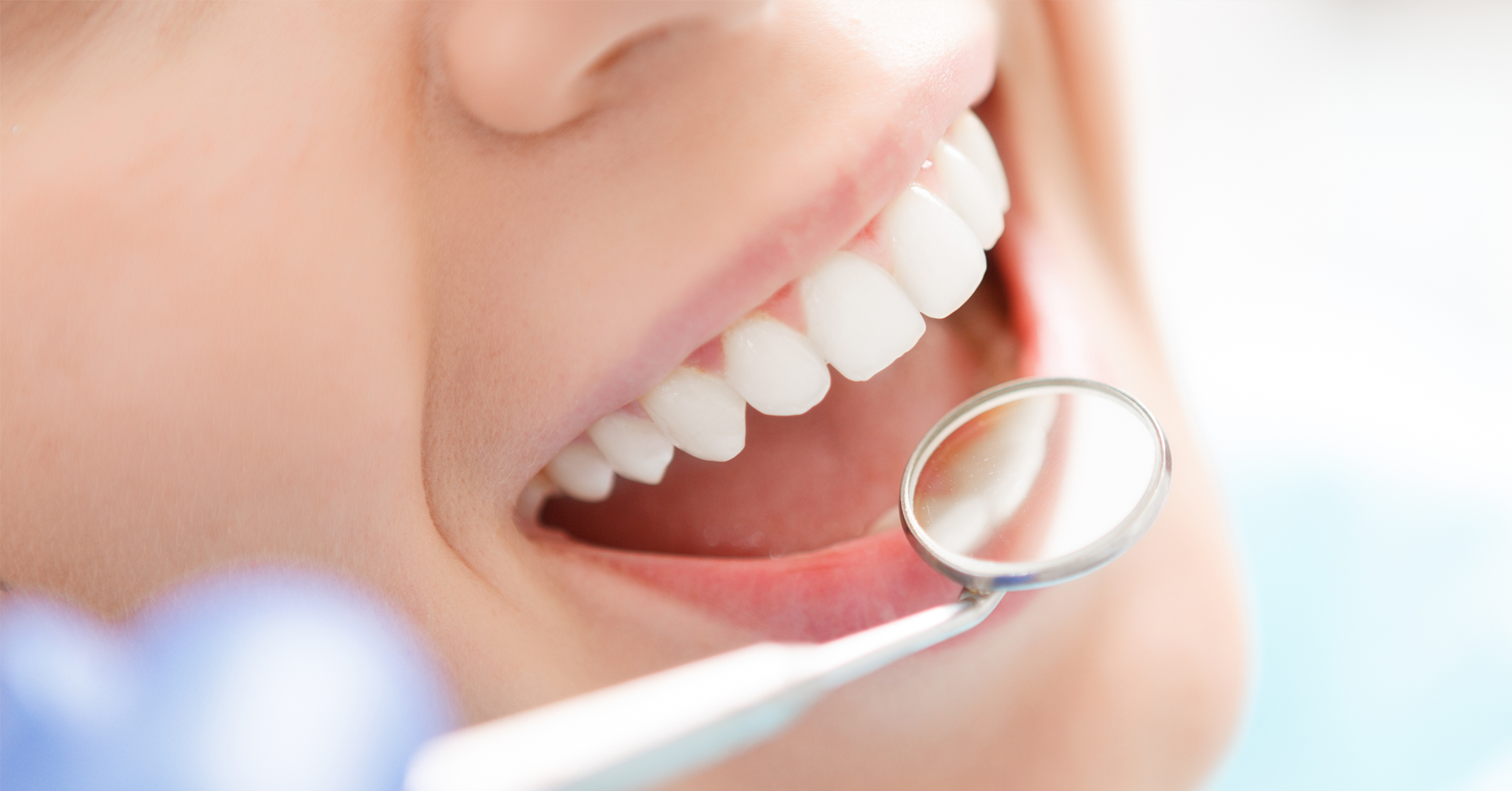Emergency dental care can sometimes be scary, but it's necessary for various reasons. For example, you might have a broken tooth or an infection in your teeth or gums. You could also have bad tooth pain that won't go away, irrespective of how often you brush your teeth.
If these things happen to you, contact our emergency Dentist McKinney TX team for help. Please feel free to contact Valley Creek Dental Care right away if you see any of these signs:
Swollen Jaw
If you notice that your jaw is swollen, you're having difficulty swallowing, your mouth tastes bad, or you have a fever, you might need emergency dental care. These problems can be caused by gum disease and cavities, leading to tooth loss if not treated on time. Swollen jaws are often a sign of an advanced stage of gum disease called periodontitis. This is why it's important to treat gum disease and tooth decay as soon as possible to avoid further problems.
If you experience any of these symptoms, it's advised to contact your McKinney dentist immediately to get the proper treatment. Take your time, as early treatment can save you from more serious dental problems in the future.
Sudden Tooth Pain
Sometimes, while eating something, you might feel pain in your teeth. Whether the pain is little or not, you should never take it lightly. If left untreated for too long, damaged teeth may cause serious complications.
Initially, you may start with some home remedies. Still, if it does not improve, you must visit an emergency dentist, McKinneyTX, who will help you with a proper diagnosis for better results.
Bleeding Gums
Bleeding Gums is another sign that you must visit the dentist for bleeding gums. Even while early bleeding may be self-managed, it is important to seek attention if it is accompanied by pain and persistent bleeding. You must seek the best dental treatments as soon as it is possible.
You might see that some people’s gum may bleed while brushing or flossing. It is not normal, so address these gum problems immediately. The treatment option will depend on your gum disease’s stage.
Check If There Is Any Dental Infection
It's crucial to see an emergency dentist promptly if you have a dental infection or abscess, as these uncomfortable conditions are often caused by an infection near the tooth's root. If a cavity is not treated, the bacterial infection may spread further into the tooth, affecting the pulp and roots.
An infection can be accompanied by symptoms such as swelling, fever, and a bad taste in the mouth. Prompt treatment is thus necessary to prevent the infection from spreading and causing further complications.
Learn more about EMERGENCY DENTISTRY: ITS COMMON TYPES & HOW TO PREVENT THEM!
Persistent Headache
Headaches are common and can be caused by various factors, such as illness, ear problems, stress, etc. It can be recurring, and since the teeth and head are connected, that can be a reason why pain in the jaw or mouth occurs.
Patients who constantly have bruxism usually experience headaches. If you face the same problem, consult your dentist for a healthy mouth.
Broke or Cracked Tooth
Another reason why you require dental treatment is a broken or chipped tooth. It becomes essential to visit the emergency McKinney dentist clinic if it is the case of tooth brokerage because that can cause extreme bleeding and pain.
It is better to treat that chipped tooth to avoid complications later. If you have broken your tooth at night, we will offer you emergency dental treatment even out of hours quickly and safely.
Oral Infections
When your body fights the infection constantly, it may get overworked and exhaust you. That may be because of infection, so proper treatment is necessary.
It would be an excellent idea to visit your dentist. They will help you determine whether an abscessed tooth or gum disease brings on fatigue after your medical records have excluded any illnesses or infections in other areas of the body.
Jaw Pain
Jaw pain can be a sign of a dental emergency, especially if accompanied by other symptoms, such as a toothache or swollen gums. Various dental issues, including infection or trauma, can cause jaw pain. Once you visit the right dentist, then you can have a healthy mouth.
Wrapping up!
These are some of the signs that tell you it’s time to knock on your dentist’s door. You can trust Emergency Dentist McKinney, TX, which will help you with all kinds of dental problems that a person might experience. It is a one-stop shop for all dental needs, as we provide top-notch services.
So, don’t wait long and visit your dentist in an emergency.





